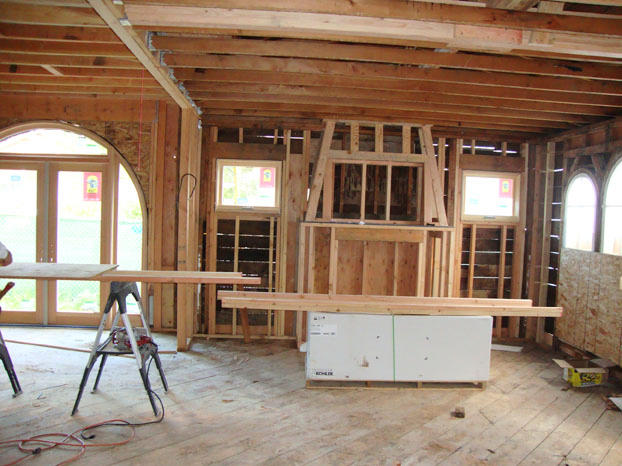
9 Secrets Only Contractors Know
Before you even think of working with a renovation pro, consider this insider intel from our panel of expert contractors

Photo by Thomas J. Story
Before you even think of working with a renovation pro, consider this insider intel from our panel of expert contractors


